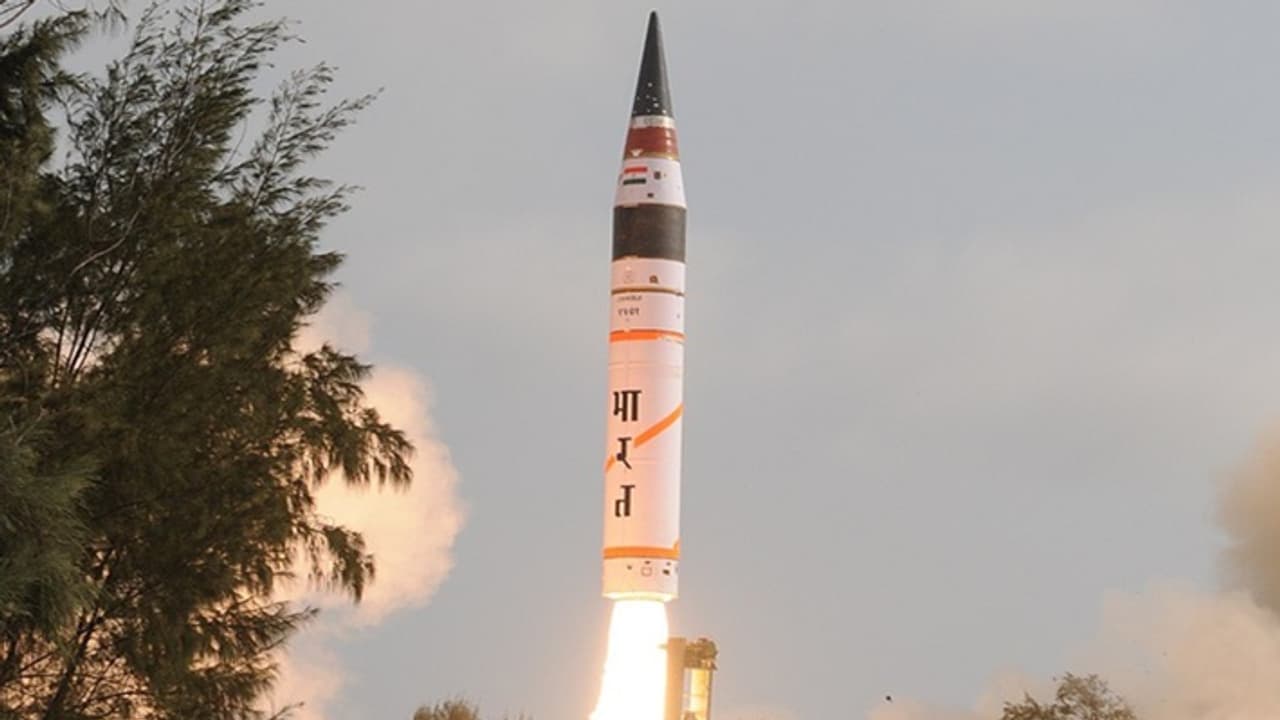Pakistan’s extension of its airspace ban on Indian flights till Sept 23 has sparked social media buzz, with users mocking Islamabad after India’s successful Agni-5 test, calling the move a “self-imposed no-fly prison” rattled by New Delhi’s strength.
Pakistan on Wednesday extended its ban on Indian flights, both civilian and military, until September 23, 2025, according to a fresh Notice to Airmen (NOTAM). The order, issued by the Pakistan Airports Authority, bars aircraft registered in India and those operated, owned, or leased by Indian airlines from entering Pakistani skies.
The ban, first imposed on April 23, 2025, following India’s Operation Sindoor, shows no signs of being lifted. Instead, the latest extension has only fuelled speculation that Pakistan is struggling to regain its footing in the face of India’s decisive military and technological advances.
Scroll to load tweet…
Scroll to load tweet…
Social Media Buzz: Agni-5 Test vs. Pakistan’s Airspace Closure
The extension came on a day India successfully test-fired the Agni-5 Intermediate Range Ballistic Missile from Chandipur, Odisha. The launch, carried out under the Strategic Forces Command, validated all operational and technical parameters.
As India celebrated the success of its indigenous missile programme, Pakistan’s move to keep its skies locked was seen by many as an insecure response.
Scroll to load tweet…
On social media, users mocked Islamabad’s decision, calling it “a self-imposed no-fly prison” and “proof that India’s Agni-5 has rattled Rawalpindi.”
One user quipped: “Agni-5 soars into the sky, and Pakistan shuts its skies. Coincidence? I think not.”
Scroll to load tweet…
Scroll to load tweet…
Scroll to load tweet…
Scroll to load tweet…
Scroll to load tweet…
Scroll to load tweet…
Scroll to load tweet…
Rahim Yar Khan Airbase: Still in the ICU
Wednesday’s NOTAM came into effect even as Pakistan Rahim Yar Khan airbase witnesses prolonged closure.
The base, struck by the Indian Air Force during Operation Sindoor in May, was initially expected to reopen by August 6. Instead, its closure has now been extended to August 22 — a clear sign that the damage inflicted was far more crippling than Islamabad admits.
Scroll to load tweet…
Operation Sindoor: A Strategic Setback for Pakistan
Operation Sindoor, launched in May after the Pahalgam terror attack, was India’s calibrated counter-terror response. The Indian Air Force hit nine key terror hubs and military sites inside Pakistan and Pakistan-occupied Jammu & Kashmir, leaving Islamabad scrambling to manage the fallout.
The strike on Rahim Yar Khan was especially symbolic. Once a critical node in Pakistan’s air defence network, it is now a testament to India’s military superiority. Defence observers note that Pakistan has been forced to reroute operations to less strategic bases, reducing its flexibility and exposing its vulnerabilities.
While India continues to showcase its indigenous missile strength — from the Agni-5 IRBM to Akash Prime air defence systems — Pakistan appears increasingly boxed in. Its repeated NOTAM extensions are being seen as a desperate tactic to mask its inability to restore critical defence facilities.
For many in India, the contrast could not be clearer: a confident nation marching ahead with homegrown technological might, versus a neighbour stuck in a cycle of denial, damage, and delay.
